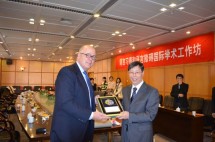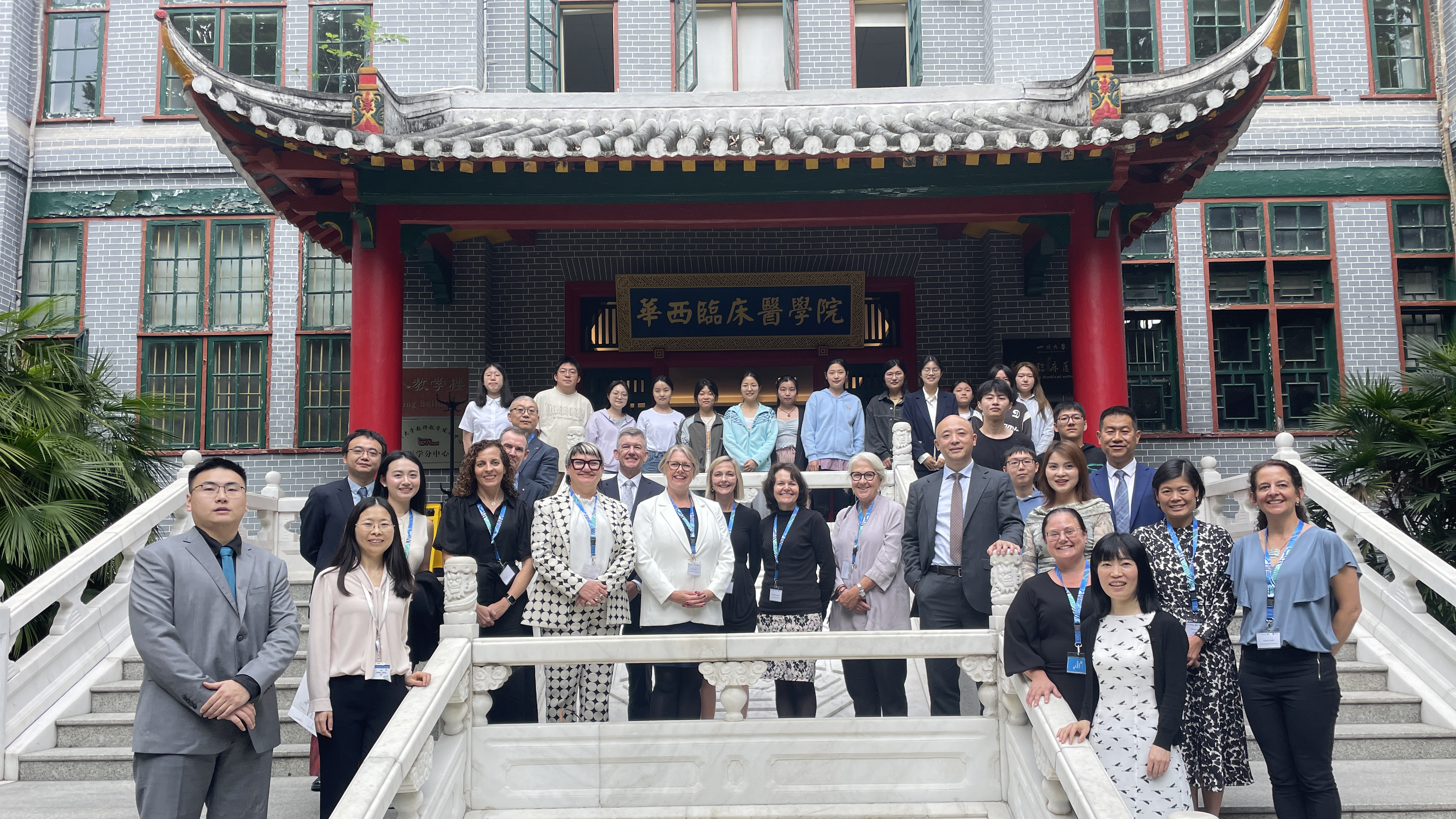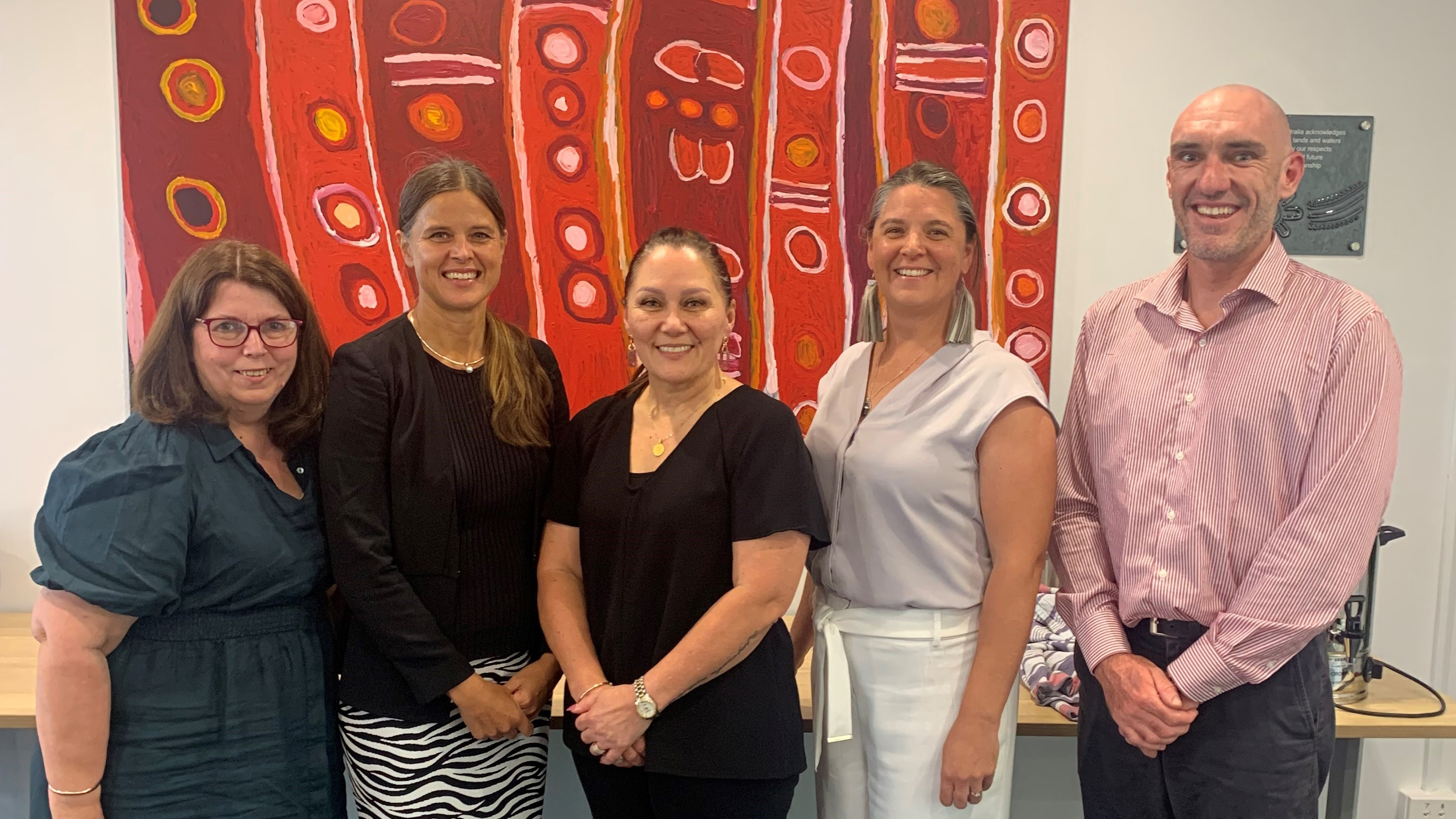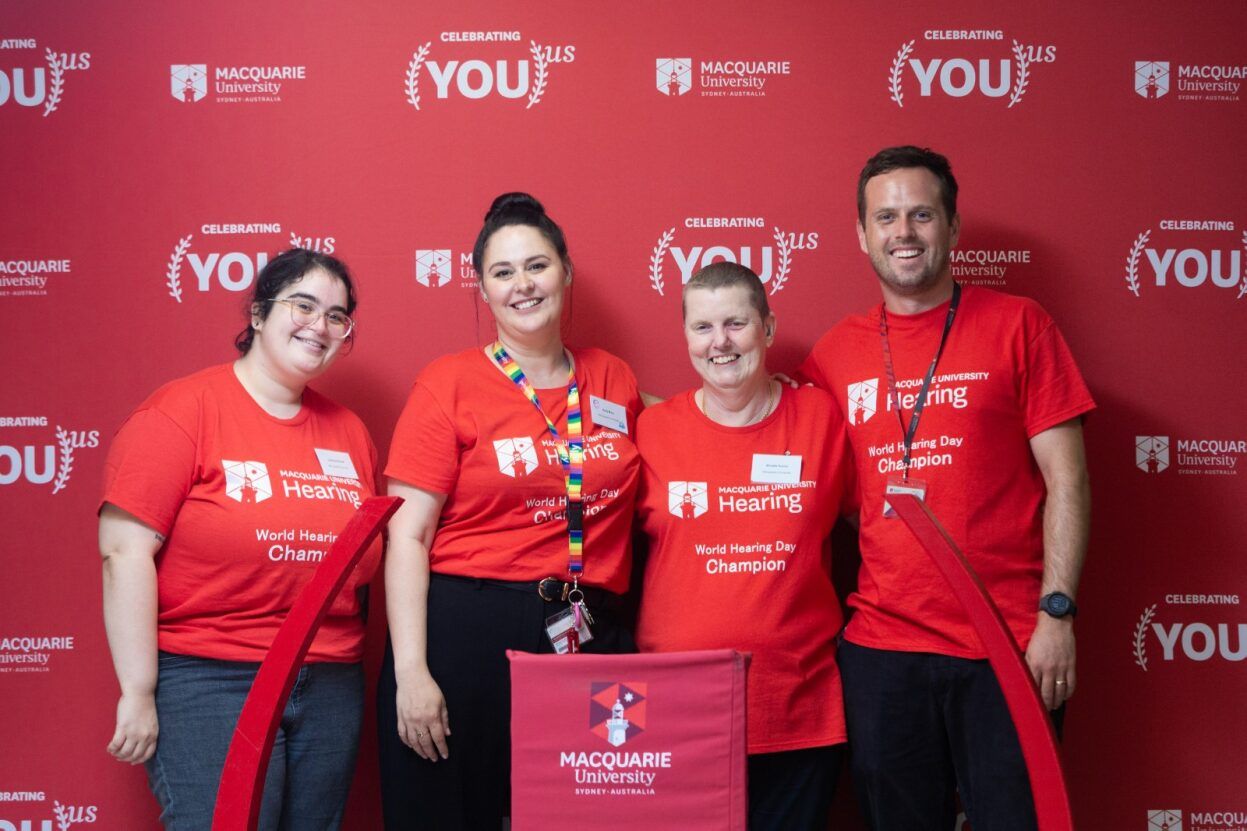
With over 30 million Chinese children suffering from hearing and language disorders, Australian researchers hosted two in-country workshops to address the issue of hearing impairment and its effects on language acquisition and cognition in children.
Researchers and university leaders from the HEARing CRC, National Acoustic Laboratory and ARC Centre of Excellence in Cognition and its Disorders at Macquarie University travelled to Beijing Language and Culture University (BLCU) for the first of these workshops earlier this month.
The first 3 day workshop entitled “Language Acquisition and Language Impairment” was sponsored by the Commonwealth of Australia under the Australia-China Science Research Fund, and brought together researchers, clinicians, medical practitioners and students from China and Australia to share knowledge about cochlear implants, assessments of hearing in children, and the use of the brain imaging technology called magnetoencephalography (MEG) to investigate pitch and language processing in children acquiring tonal languages.
Invited speakers included:
- Distinguished Professor Stephen Crain, Associate Professor Blake Johnson and Dr Peng Zhou, Dr Wei He and Joann Tang, ARC Centre of Excellence in Cognition and its Disorders (CCD), Macquarie University (MQ), Australia
- Dr Andrew Vandeli, HEARing CRC, Australia
- Dr Kirsty Gardner-Berry, National Acoustics Laboratory (NAL), Australia
- Professor Liqun Gao and Professor Linjun Zhang, Beijing Language and Culture University, China
- Professor Gen Uehara, Applied Electronics Laboratory, Kanazawa Institute of Technology (KIT), Japan
- Professor Hongyan Bi, Chinese Academy of Science (CAS), China
- Professor Hua Zhang, Beijing Tongren Hospital of Capital Medical University, China
Distinguished Professor Stephen Crain says that the establishment of the Australian Hearing Hub has already allowed researchers from different institutes to collaborate, and that this venture funded by the Australia-China Science Research Fund is just one example.
“Ultimately, our aim is to foster long term research collaborations with our partners in the Australian Hearing Hub (e.g., The HEARing CRC, Cochlear Ltd., and National Acoustic Laboratory) and in China. The ultimate goal is to improve outcomes for children with hearing and language impairment in both countries” he says.
The morning of day two allowed the workshop participants to participate in a fruitful round table discussion with the Vice Chancellor of Macquarie University, Professor S Bruce Dowton, the President of Beijing Language and Culture University, Professor Cui, and the Director of the Applied Electronic laboratory at the Kanazawa Institute of Technology (Japan), Professor Gen Uehara.
Professors Dowton and Cui placed much emphasis on the long-standing relationship between their universities, the importance of the linguistic and hearing research being carried out at both universities, and the value for society of working with children with hearing impairments and language disorders.
During the discussion, Distinguished Professor Stephen Crain also expressed his desire for a tri-partite relationship between Macquarie University, Beijing Language and Culture University and Kanazawa Institute of Technology to allow students and researchers to conduct joint research using magnetoencephalography (MEG) at all three universities (with BLCU’s child MEG lab scheduled to be built in 2014).
As part of the workshop, during the afternoon on day two, researchers visited the Beijing Disabled Persons Rehabilitation Service and Guidance Centre to see first hand the individualized intervention programs designed for children with Autism Spectrum Disorder between the ages of 4-7. The goal is to rehabilitate the children into mainstream schooling by age 7.
A training workshop for over 150 special education teachers from across Beijing was held on the fourth day at the Beijing Haidian Special Education School. Professor Wen Yu, the principal of the school, invited Distinguished Professor Stephen Crain to deliver a keynote address entitled “Science holds health care solutions” and Dr Peng Zhou an invited talk entitled ”Child language development”. The goal of this workshop was to provide the educators with best practice interventions based on research findings.








